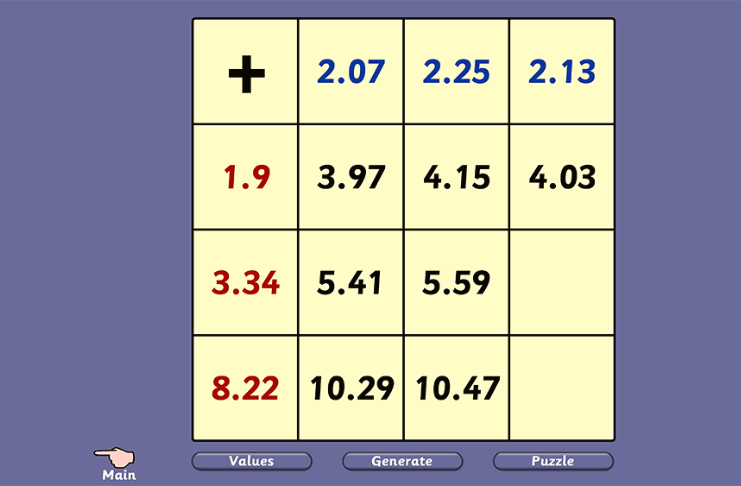Top 10 Games of All Time: Check the List
There is a wide range of age, genre, and repeat value among various games, yet they have all contributed to the development of the gaming industry. Some games are significant in gaming history and popular culture, whether they pioneered a new genre, reimagined an old one, or are too fun to ignore. Moreover, some video … Read more





